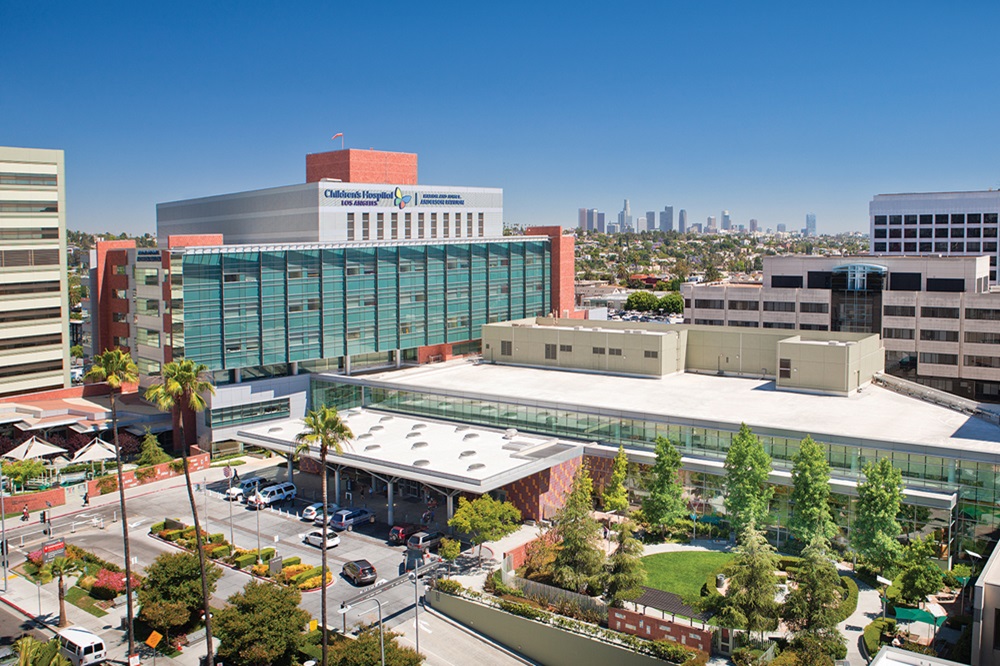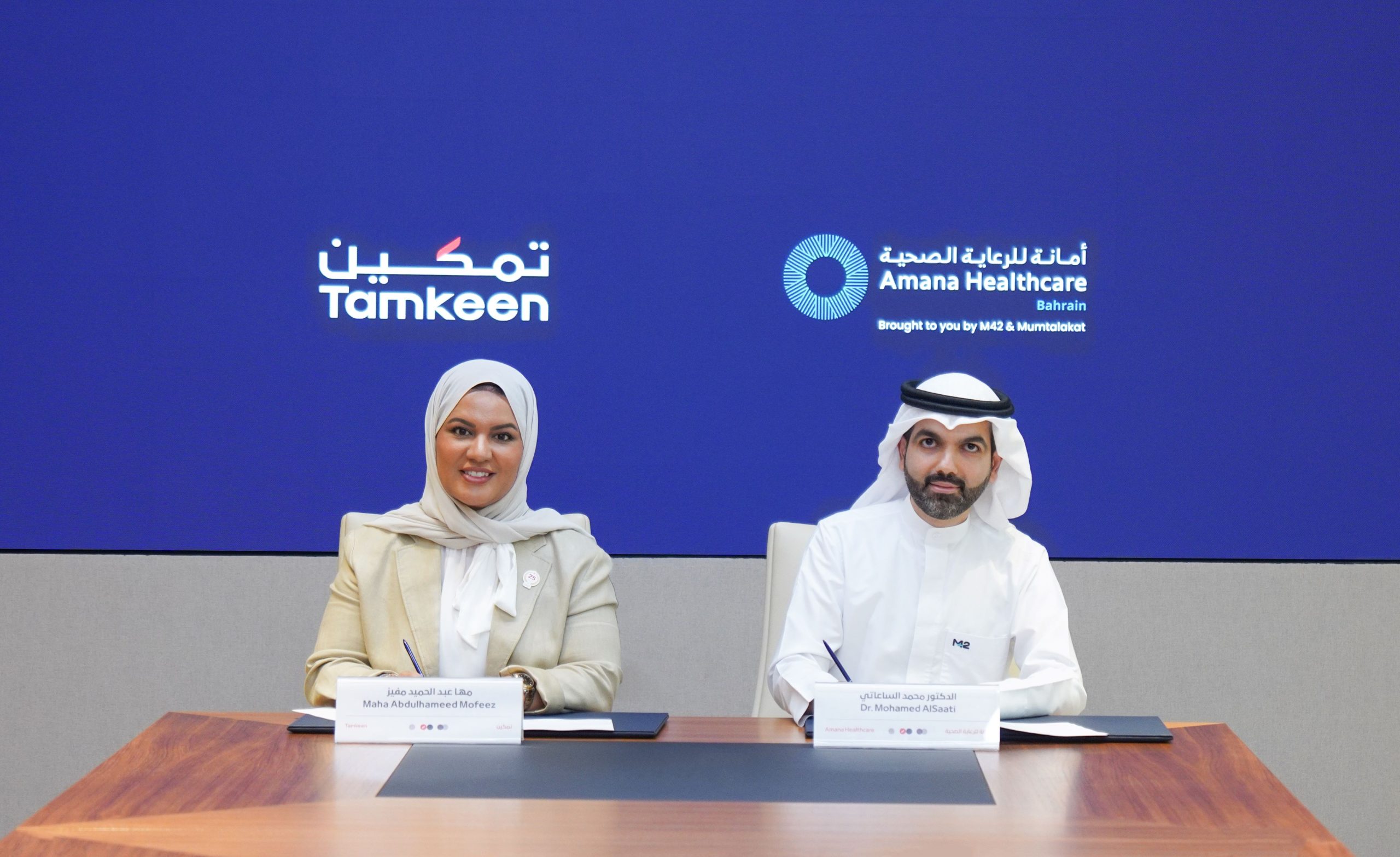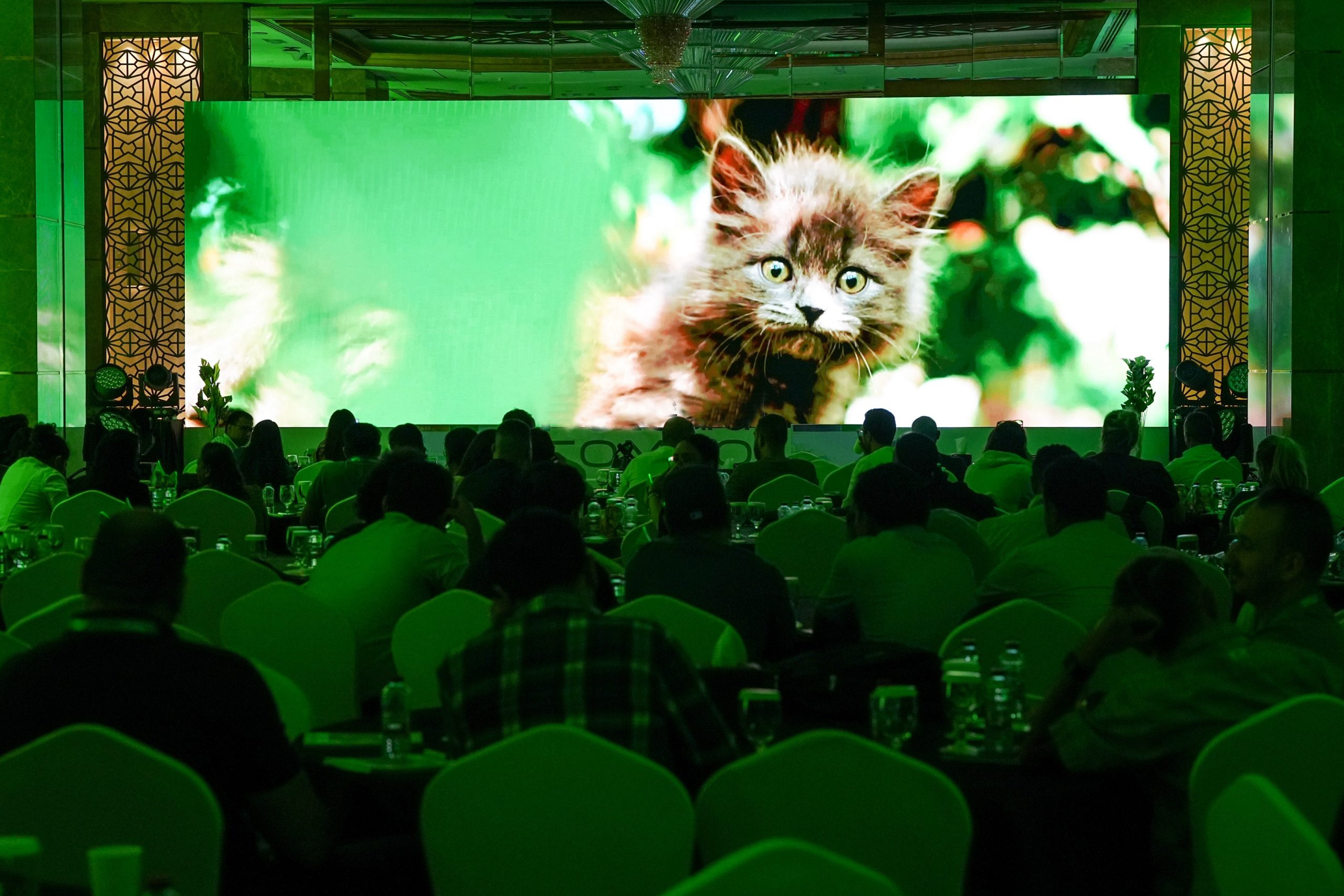New Zealand delayed the planned reopening of its international border because of the sweeping spread of Omicron around the world on Tuesday, as several other countries reimposed social distancing measures.
Many nations are on high alert just days ahead of Christmas and New Year celebrations, as the latest health crisis also takes a toll on financial markets, which fear the impact on the global economic recovery.
For more coronavirus news, visit our dedicated page.
Omicron infections are multiplying rapidly across Europe, the US and Asia, including in Japan where a single cluster at a military base has grown to at least 180 cases.
New Zealand COVID-19 Response Minister Chris Hipkins said his country was delaying the start of a planned staggered reopening of its border until the end of February. The government had previously said quarantine-free travel would reopen by mid-January for New Zealand citizens and residents in Australia and by April for foreign tourists.
“There’s no doubt this is disappointing and will upset many holiday plans, but it’s important to set these changes out clearly today so they can have time to consider those plans,” Hipkins said at a press conference.
In Singapore, the health ministry was carrying out testing to determine whether Omicron was behind a potential cluster of cases at a gym.
“Given its high transmissibility and spread to many parts of the world, we should expect to find more Omicron cases at our borders and also within our community,” Singapore’s health ministry said on Tuesday.
The Omicron variant has become dominant in the US with lightning speed, and claimed the life on Monday of an unvaccinated man in Texas, officials said. Lines for COVID-19 tests wrapped around the block in New York, Washington and other US cities as people clamored to find out if they were infected before celebrating the holidays with family.
South Korea, the Netherlands, Germany and Ireland were among countries to reimpose partial or full lockdowns, or other social distancing measures, in recent days.
British Prime Minister Boris Johnson on Monday said the situation was “extremely difficult” as hospitalisations rose steeply in London.
Asked about speculation the government would ban indoor socializing and limit tourism, Johnson said: “We’re looking at all kinds of things … we will rule nothing out.”
In Australia, where Omicron cases have surged but hospitalisations remain relatively low, Prime Minister Scott Morrison urged state and territory leaders to avoid further lockdowns, saying limiting the spread of the virus comes down to personal responsibility.
“We have got to get past the heavy hand of government and we have got to treat Australians like adults,” he said. “We’re not going back to lock downs. We’re going forward to live with this virus with common sense and responsibility.”
Several leaders and health officials have stressed the importance of booster vaccine shots to fight the variant.
The Omicron variant was first detected last month in southern Africa and Hong Kong and so far has been reported in at least 89 countries.
The severity of illness it causes remains unclear, but the World Health Organization (WHO) warned it is spreading faster https://www.reuters.com/world/omicron-spreading-infecting-vaccinated-who-2021-12-20 than the Delta variant and is causing infections in people already vaccinated or who have recovered from the COVID-19 disease.
Market impact
The rapid spread of the variant has ignited fears that more countries may impose economically disruptive restrictions, impacting markets.
US stocks ended trading on Monday down by more than 1 percent, pressured lower by surging Omicron cases, while oil investors feared that new restrictions in Europe would weigh on fuel demand, sending crude prices lower.
Asian shares and oil prices rose in early trade on Tuesday, though the Australian and New Zealand dollars fell.
The World Economic Forum on Monday postponed its annual meeting in Davos due to the spread of Omicron, putting off the event scheduled for January until mid-2022.
More than 274 million people have been reported to be infected by the coronavirus globally since the pandemic began and more than 5.65 million people have died.
For all the latest headlines follow our Google News channel online or via the app.
For many around the world, Omicron is expected to crimp traditional year-end celebrations.
Kim Min-song, 39, was among customers at a barbecue restaurant in Seoul on Monday who hurriedly put on jackets and face masks to head home as an evening curfew loomed: “It is the year end when we meet missed ones, but now we can’t fully do that.”
Read more:
WHO says COVID-19 variant omicron is spreading and infecting vaccinated people
Kuwait to make COVID-19 vaccine booster compulsory starting January 2
Dubai’s Expo suspends some activities as precaution amid COVID-19 surge concerns


 World3 years ago
World3 years ago
 World3 years ago
World3 years ago
 Business11 months ago
Business11 months ago
 Entertainment7 years ago
Entertainment7 years ago
 World7 years ago
World7 years ago
 Entertainment7 years ago
Entertainment7 years ago





